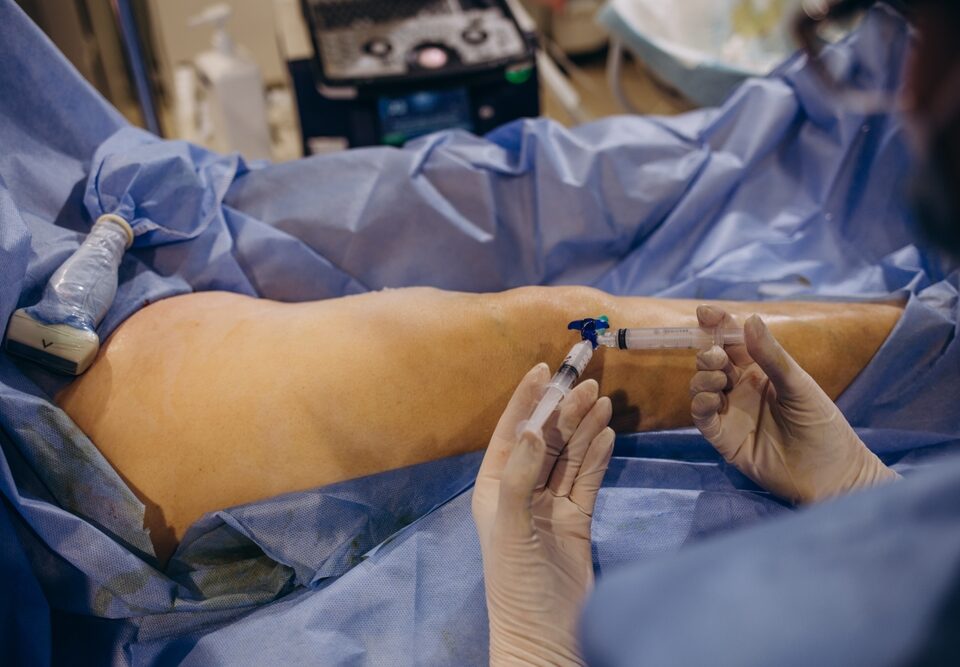
Gallbladder Removal FAQ
August 26, 2019
Are Varicose Veins Hereditary?
September 19, 2019Hernia Repair Maryland
Millions of Americans are affected by hernias every year. In fact, as many as 350,000 people undergo hernia surgery each year. Men for one are generally prone to inguinal hernia while about 1 in 2,000 women develop a hernia during pregnancy.
Often hernias are as obvious as the sharp pain they induce — which can lead to vomiting and constipation. Other times there are no symptoms except for an odd bulge in the area where the insides of the stomach have protruded through a hole in the muscles.
Strenuous exercise can bring to light symptoms of a hernia. Despite some people living years without noticing a hernia, they always require medical attention as hernias never completely heal on their own.
Fortunately, hernias of all kinds are treated every year by way of surgery.
So here is a guide to everything you need to know about hernia repair in Maryland.
There Are Two Major Types of Hernia Surgery: Herniorraphy and Hernioplasty.
Herniorrhapy
Herniorrhaphy, which involves tissue repair, entails a surgeon opening up the patient and both removing the hernia sac and correct any displaced organs or tissue.
Hernioplasty
Hernioplasties differs in a significant way. The knife work is kept to a minimum and a sterile mesh is stitched onto the patient and their weak tissues use the extra support to regrow itself. The mesh also helps prevent any reoccurring hernias.
Hernia repair won’t take all day and should be back in your own bed hours after surgery. But there can be anywhere between three and six weeks to fully recover. You will however be back to work and most of your normal low-intensity routine in just a couple weeks.
Are There Complications With Hernia Surgery?
Possible complications are no different than any other surgery. Infection and inflammation are small risks to treat a major problem like a hernia.
Though after surgery if the inflammation surrounding the target area doesn’t subside or the patient comes down with a fever, then it is time to revisit the doctor’s office.
Some factors to keep in that increase risk of complications are things like age, obesity, smoking and high blood pressure.
Learn More
Interested in learning more about hernia surgery in Maryland? Contact our office now to speak with a member of our experienced team.




